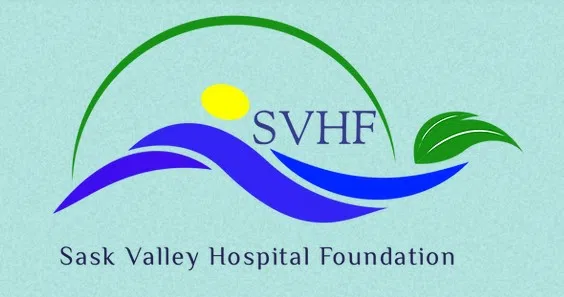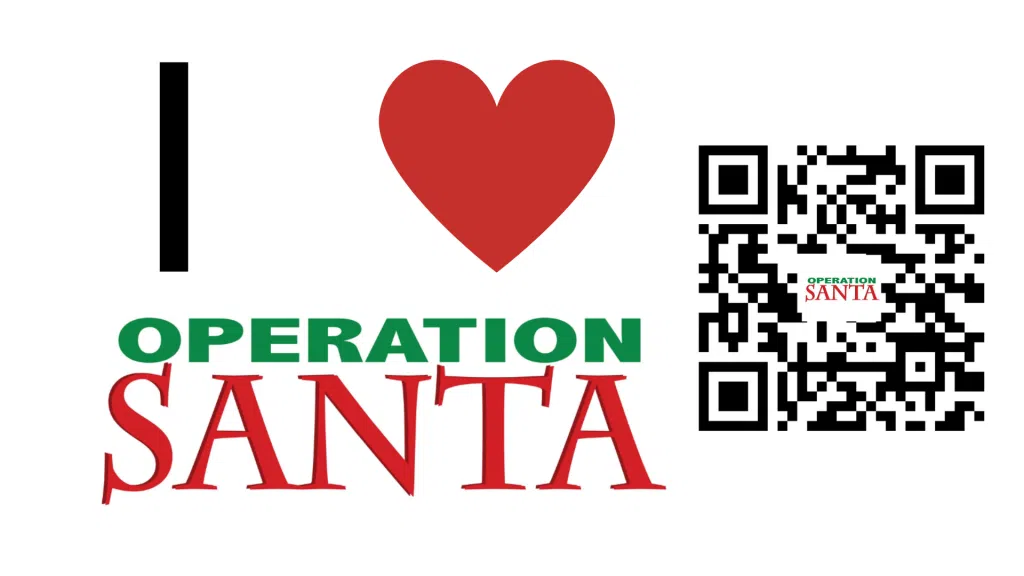
An unidentified Saskatchewan cattle herd has been quarantined after a six-year-old cow tested positive for bovine tuberculosis on November 29th.
The Canadian Food Inspection Agency (CFIA) says the investigation is at the early stages with testing being conducted on cattle that were in contact with the infected cow. The cow had been slaughtered at a federally-regulated abattoir in Alberta.
Lab testing continues to identify the strain of bacterium to determine if there are connections to any previous cases. It is likely cattle in the herd will need to be euthanized with the producer receiving compensation.
While all parts of Canada are considered free of Bovine Tuberculosis, isolated cases in cattle do occur. The full CFIA news release is below:
The Canadian Food Inspection Agency (CFIA) has launched an investigation into a case of bovine tuberculosis (bovine TB) in an animal originating from Saskatchewan that was slaughtered at a federally registered abattoir in Alberta.
Bovine TB is a reportable disease in Canada and has been subject to a mandatory national eradication program since 1923. While all areas of Canada are considered to be officially free of bovine TB today, isolated cases in cattle may occur.
Human cases of bovine TB are very rare. Exposure can occur through the passage of fluids from an infected animal to an open skin sore, extended close contact with an animal with active respiratory TB or consuming raw or unpasteurized animal products (such as unpasteurized milk) from an infected animal. Generally, bovine TB does not pose a threat to public health in Canada because of the extremely low prevalence of the disease, the abattoir surveillance and testing programs in place, and practices such as pasteurization of milk.
Overview
On November 29, 2024, the CFIA Ottawa Laboratory Fallowfield found that tissues collected from a six-year-old cow at slaughter in a federally registered facility in Alberta had a positive polymerase chain reaction (PCR) test for bovine tuberculosis.
Working with the information in the Canadian Livestock Traceability System, the CFIA identified a herd in Saskatchewan as the birth herd/herd of origin of the infected animal. This herd has been placed under quarantine until testing can be completed.
The timing of testing will be determined after discussions with the producer to manage the operational impact of the process.
The CFIA is continuing to work closely with producers, industry associations, and provincial and federal agricultural and health authorities throughout the investigation.
All areas of Canada have been considered officially bovine TB-free in its farmed bovine and cervid species since 2006. An investigation of this detection will support international market access for Canada’s beef industry.
Process and next steps
In all cases where federally-regulated diseases are suspected or confirmed, the goal is to take appropriate and prudent control measures while minimizing disruptions to producers.
During a bovine TB investigation, quarantines and movement restrictions are placed on any implicated animals. Testing and, humane destruction through slaughter are carried out as required.
The CFIA is in the very early stages of its investigation. This involves identifying all herds that came in contact with the infected animal during its life. The CFIA has also begun laboratory testing to identify the strain of the bacterium as this may inform if there are connections to previous cases. This process can take up to 12 weeks to complete.
The tracing results from a 2023 investigation of a bovine TB infected herd in Saskatchewan did not identify any connection to this herd.
Detailed information on bovine tuberculosis and what can be expected during an investigation is available on the CFIA website. Investigation updates will be posted as more information becomes available.
Compensation and financial assistance
Producers are eligible for compensation for any animals ordered destroyed by the CFIA as part of this investigation.
In addition, under the Sustainable Canadian Agricultural Partnership, there is a suite of business risk management (BRM) programs available, including AgriInvest and AgriStability, to help farmers manage risk due to severe market volatility and disaster situations that are largely beyond their capacity to manage. Agriculture and Agri-Food Canada is the lead federal department for these programs.
A collaborative approach
Disease investigations require a great deal of cooperation and collaboration.
Affected producers and industry associations, as well as federal and provincial departments, are cooperating in the ongoing investigation. The common goal is to protect human health, protect the health of Canadian livestock and, in the process, maintain market access.

























